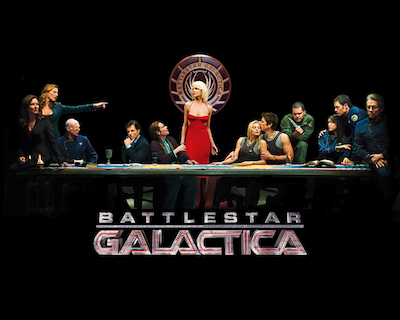Non-Western people are not failed attempts at modernity, let alone failed attempts to be us, says Wade Davis. They are unique expressions of the human imagination and heart, unique answers to a fundamental question: what does it mean to be human and alive?
When asked this question, the cultures of the world respond in 7000 different voices, and these answers collectively comprise our human repertoire for dealing with all the challenges that will confront us as a species as we continue this never-ending journey.
[. . .]
The thought that the hundreds of distinct tribes of Australia might simply represent different ways of being, embodying the consequences of unique sets of intellectual and spiritual choices, does not seem to have occurred to him.
In truth, as the anthropologist WEH Stanner long appreciated, the visionary realm of the Aborigines represents one of the great experiments in human thought. In place of technological wizardry, they invented a matrix of connectivity, an intricate web of social relations based on more than 100 named kin relationships. If they failed to embrace European notions of progress, it was not because they were savages, as the settlers assumed, but rather because in their intellectual universe, distilled in a devotional philosophy known as the Dreaming, there was no notion of linear progression whatsoever, no idealisation of the possibility or promise of change. There was no concept of past, present, or future. In not one of the hundreds of Aboriginal dialects and languages was there a word for time. The entire purpose of humanity was not to improve anything; it was to engage in the ritual and ceremonial activities deemed to be essential for the maintenance of the world precisely as it was at the moment of creation. Imagine if all of Western intellectual and scientific passion had focused from the beginning of time on keeping the Garden of Eden precisely as it was when Adam and Eve had their fateful conversation.











